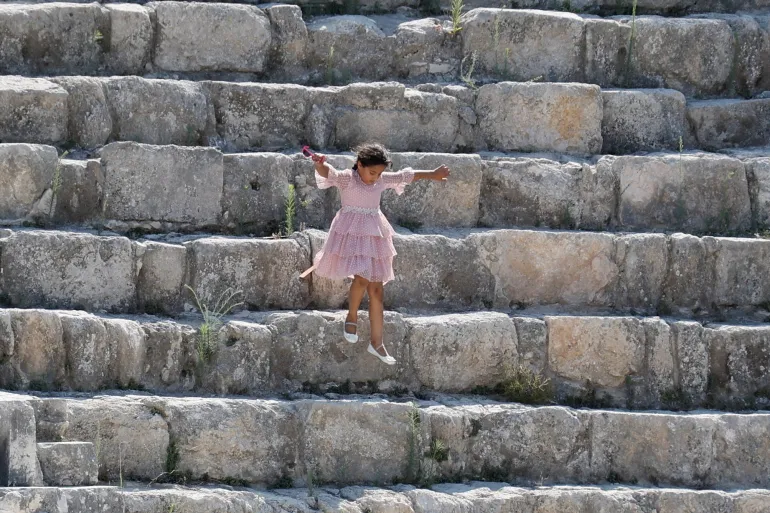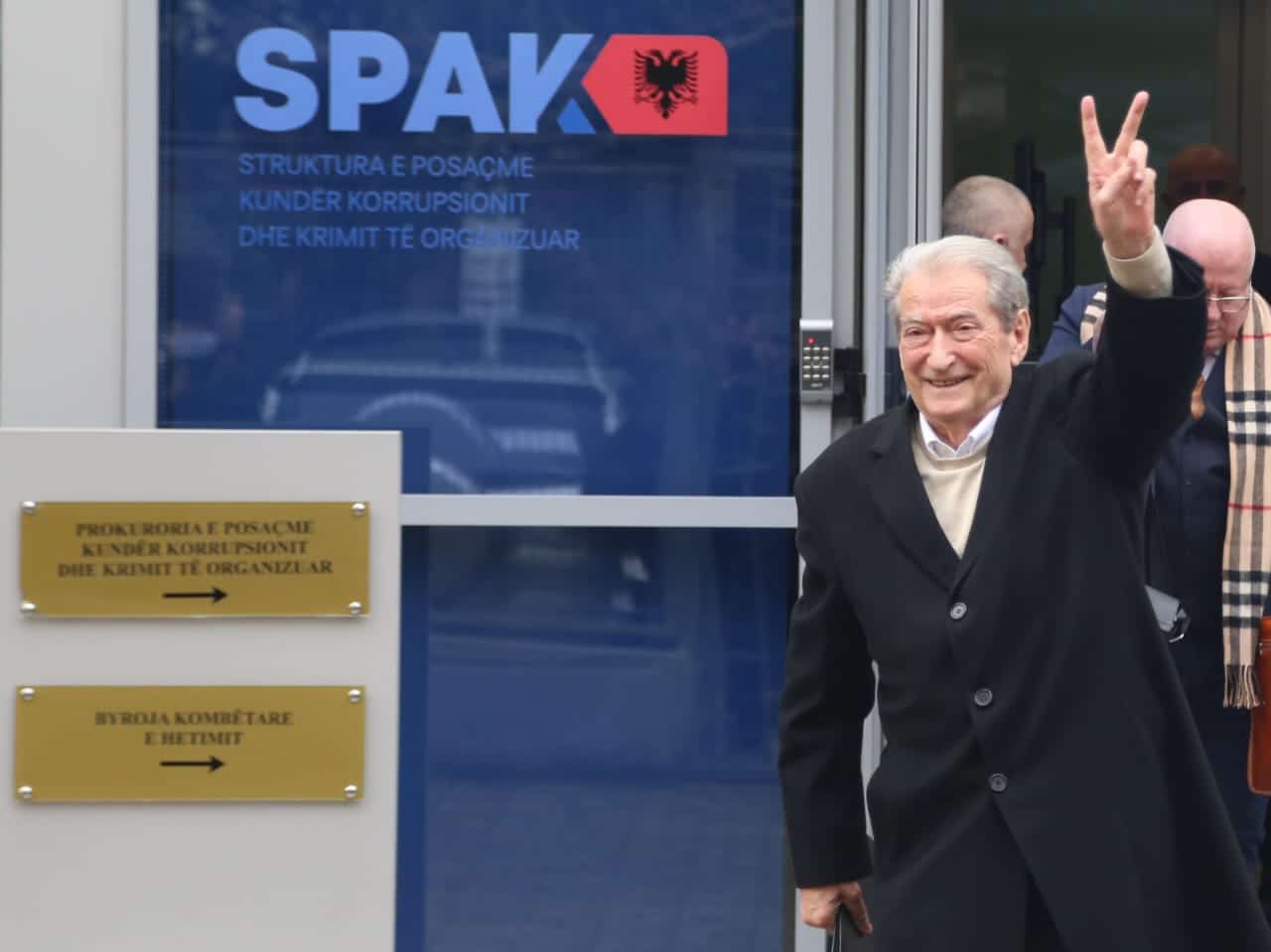Palestinians in East Jerusalem are preparing a concerted land reclamation campaign in response to Israel’s controversial plans to build a national park on a site they claim is part of their historic territory. The new push, which will include protests, legal appeals, and physical attempts to cultivate the land, comes amid deepening fears that the project is part of a broader strategy to displace Palestinians and expand Israeli control over contested areas.
The disputed land lies between the neighborhoods of Al-Isawiya and At-Tur on the slopes of Mount Scopus, in occupied East Jerusalem, where Israel plans to establish a “national forested area.” Palestinians and human rights groups argue that the move is a pretext for land confiscation, preventing local Palestinian residents from accessing, building on, or farming their own land.
“They want to erase our presence under the name of nature preservation,” said Mahmoud Abu al-Hawa, a local resident involved in the land push. “But this land has always been ours.”
🏞️ National Park or Political Tool?
Israel’s Nature and Parks Authority claims the project is part of a green development initiative, aiming to protect the environment and create recreational spaces for Jerusalem residents. However, critics argue the park is being strategically placed to prevent the expansion of Palestinian neighborhoods and create a buffer between them.
Human rights groups, including Ir Amim, say the move aligns with longstanding Israeli policies designed to fragment Palestinian territorial continuity in East Jerusalem, weakening any future claims for a Palestinian capital in the city.
“This is not about ecology,” said a researcher at Ir Amim. “It’s about preventing Palestinian development and deepening Israeli control.”
🚜 Grassroots Pushback
In response, Palestinian residents are organizing efforts to physically reclaim the land, including cultivating fields, planting olive trees, and erecting tents. These actions are meant to assert ownership and draw international attention to what they view as creeping annexation under environmental pretenses.
“If we don’t act now, we will lose this land forever,” said Nour Abu al-Tayyib, a student volunteer. “Planting is our resistance.”
Organizers have also partnered with local legal aid groups to challenge the park’s construction in Israeli courts — though similar cases have rarely succeeded.
🧭 Broader Context: Settlements and Demographics
The planned national park lies near a series of Israeli settlements and institutional zones, including Hebrew University. Palestinians fear the project is part of a larger strategy to encircle East Jerusalem, effectively cutting it off from its natural hinterlands and suffocating its urban growth.
This struggle reflects the broader East Jerusalem conflict, where land use, zoning laws, and urban planning are used as tools of demographic engineering. While Jewish neighborhoods receive building permits and state support, Palestinian areas face home demolitions, permit denials, and land seizures.
🌍 International Attention and Implications
The move has already drawn criticism from UN bodies and European diplomats, who argue that such projects violate international law, which prohibits unilateral changes to occupied territory. Calls for Israel to freeze the park plan and engage in consultations with affected Palestinian communities have so far been ignored.
Activists hope their land campaign will mobilize international solidarity, especially amid the ongoing global focus on the humanitarian crisis in Gaza and Israeli settlement expansion in the West Bank.
What to Watch
- Court rulings on legal petitions filed by Palestinian residents
- Potential Israeli police response to grassroots land cultivation efforts
- International diplomatic pressure or condemnations
- Expansion of similar park or “green zone” projects in other contested areas
- Visibility of the Palestinian campaign on global social and media platforms
As trees are planted and legal battles loom, the struggle over this sliver of land in East Jerusalem is shaping up to be another frontline in the broader fight for Palestinian rights, presence, and permanence in a city at the heart of the world’s most intractable conflict.
Source; Al Jazeera



